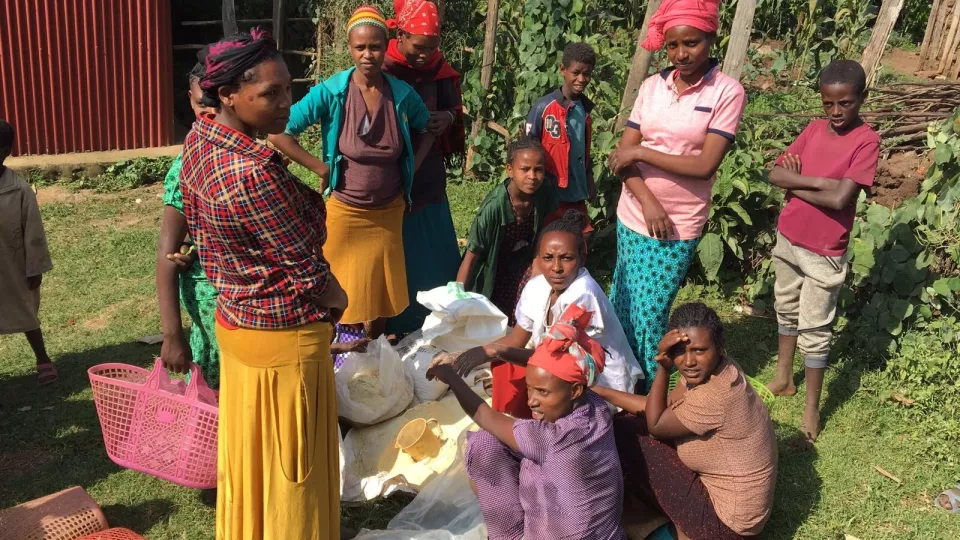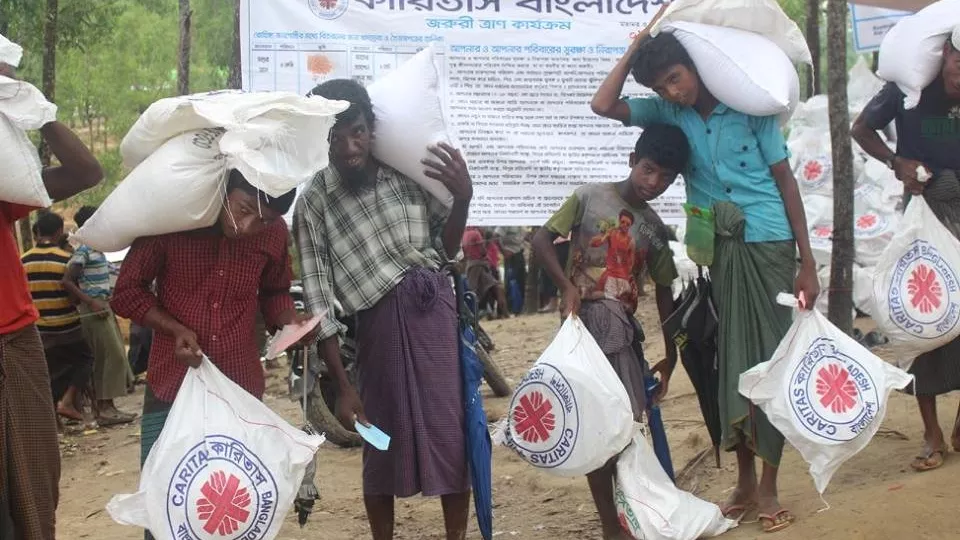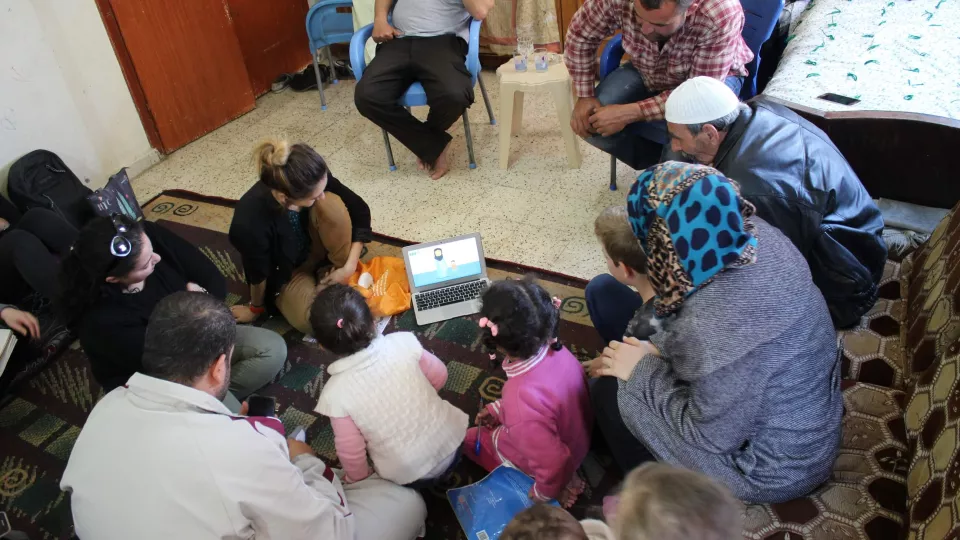Start Network vision for the future - summary
To prepare for the change needed in the future, the Start Network’s 42 members came together over the last six months, to co-create a vision based on our 8-year experience. This is a summary of this vision.



